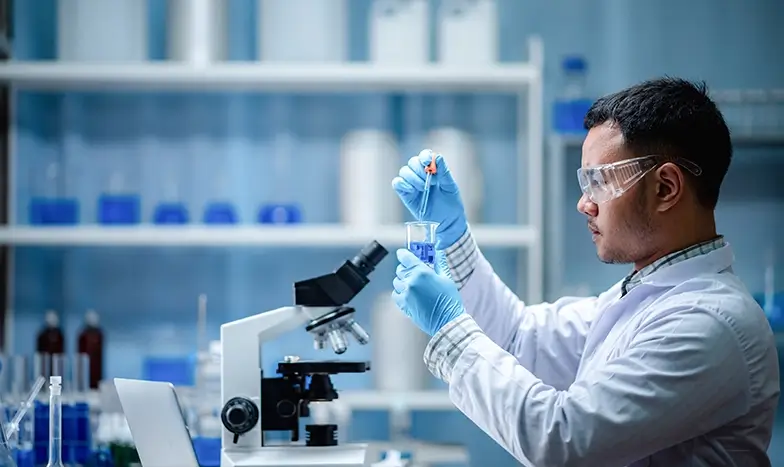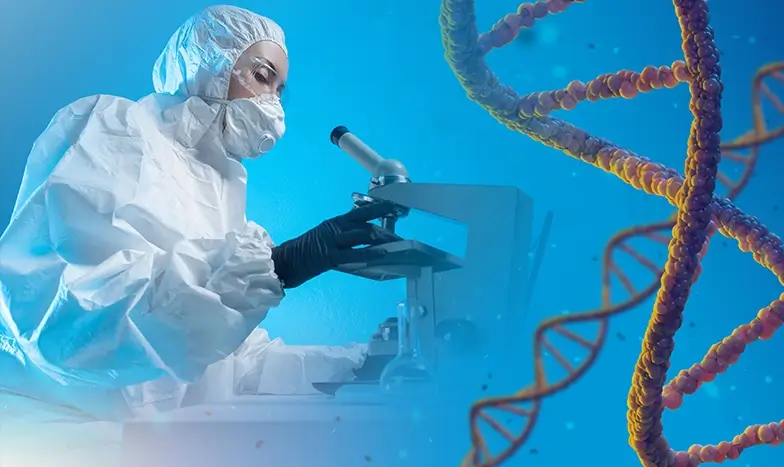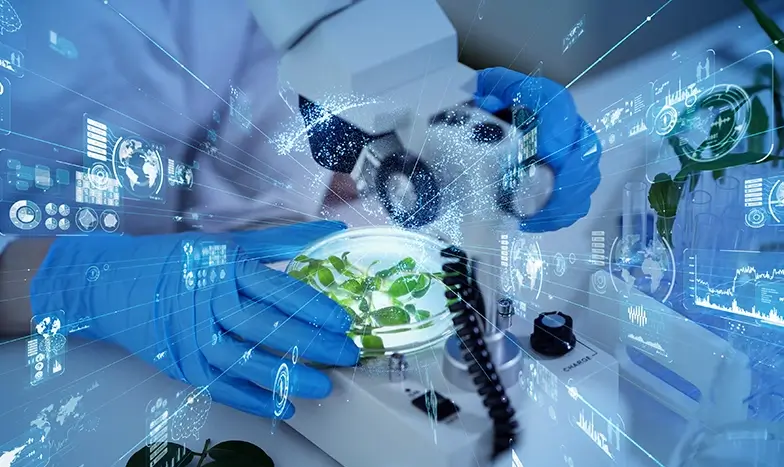The B.Tech. Biotechnology program offered by UPES's School of Health Sciences and Technology is designed to provide students with a comprehensive understanding of the field and prepare them for careers in biotechnology. The four-year program consists of 160 credits and encompasses theoretical coursework, laboratory practicals, projects, and industrial trainings. The curriculum of the program is carefully crafted to cover a range of subjects that are essential to biotechnology. Students study core subjects such as biochemistry, cell biology, microbiology, molecular biology, genetics, genetic engineering, bioprocess engineering, downstream processing, cancer biology, and drug discovery and development. Additionally, the program offers skill-based vocational courses in areas like data analysis, simulations, big data analytics, machine learning, bioinformatics, systems biology, and computational biology. This combination of core and skill-based courses provides students with a strong foundation in the fundamentals of biotechnology and equips them with industry-relevant skills.
Practical laboratory training is an integral part of the program. Students gain hands-on experience in various techniques and experiments related to molecular biology, microbiology, protein purification, fermentation, genomics, and proteomics. This practical training enables them to develop essential laboratory skills and familiarize themselves with state-of-the-art equipment and techniques. To enhance the students' exposure to real-world applications and technologies, the program organizes industrial and institutional visits to biotechnology companies, research organizations, and academic institutes. These visits offer students insights into the industry practices and current advancements in biotechnology. Additionally, students are encouraged to undertake internships in industries or research laboratories to gain practical experience and further strengthen their understanding of the field.
UPES supports undergraduate students in engaging in research projects through grants like SHODH, providing financial assistance of Rs. 50,000/-. Students have the opportunity to work on research projects in their areas of interest under the guidance of faculty members. They also have access to research facilities and receive guidance in data analysis, interpretation, and thesis support through regular interactions with mentors. To foster a culture of learning and knowledge exchange, the program organizes various academic events such as journal clubs, seminars, workshops, and conferences. These events bring together experts, professionals, and students to share their research work, discuss emerging trends, and explore interdisciplinary aspects of biotechnology.





